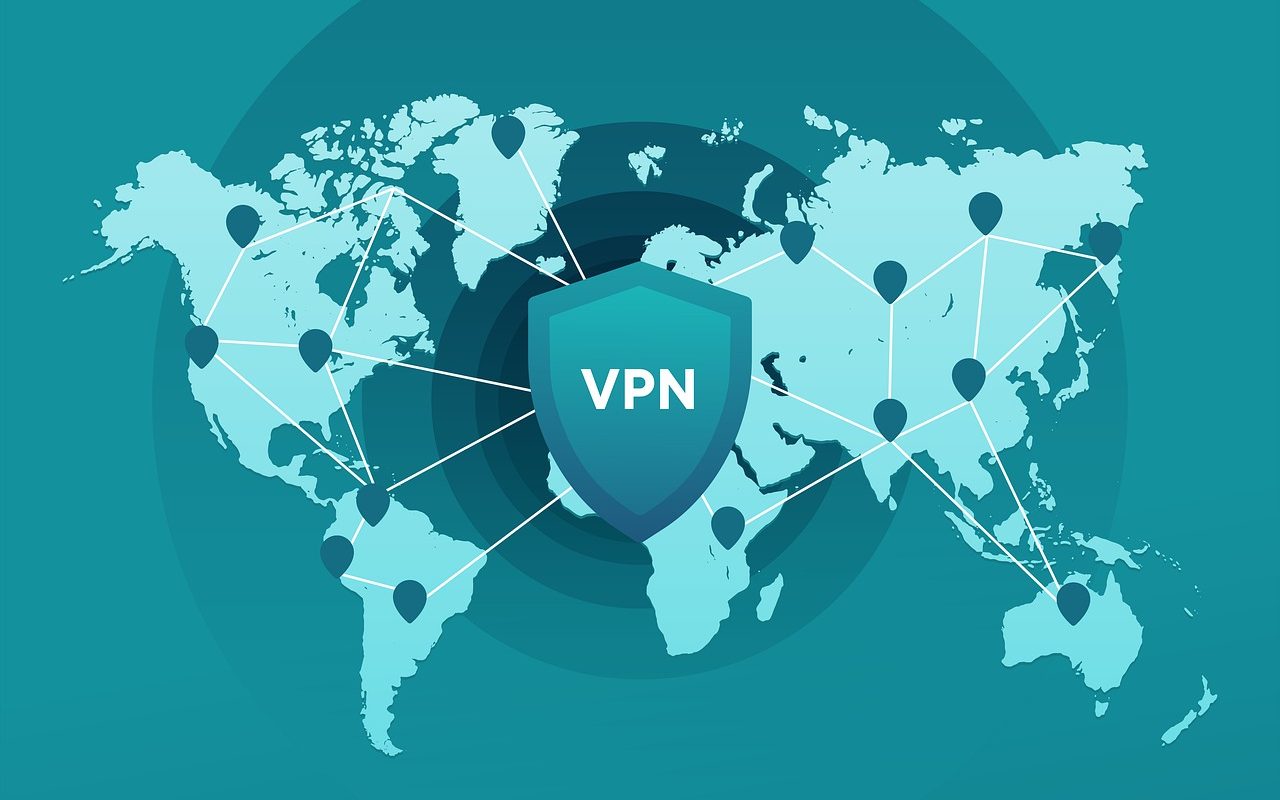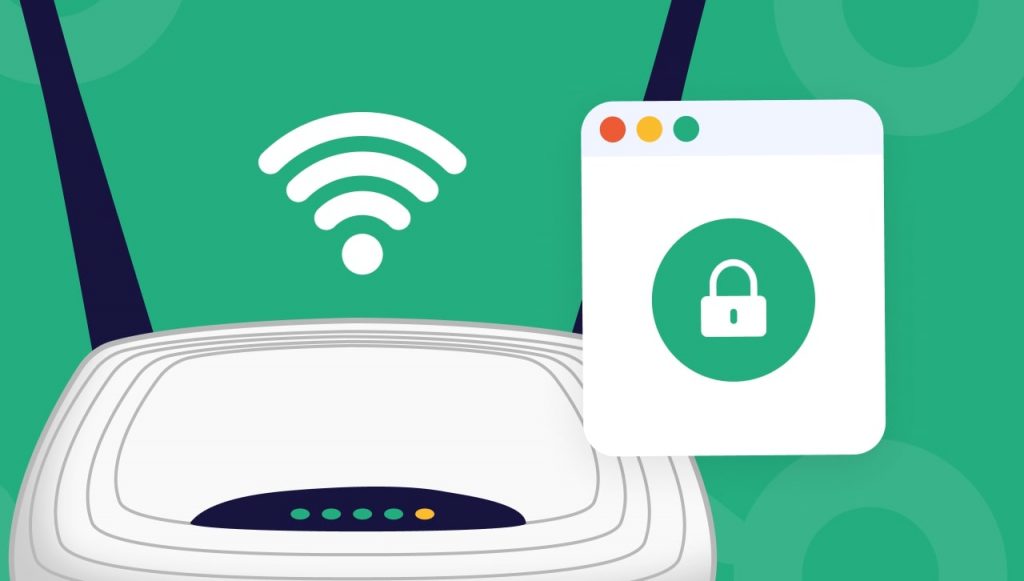Preparing to show the semi-final and final matches of World Cup football for free on Nepal Television | 5 server locations that should not be used when connecting to VPN, may be such a risk | How to view blocked websites on the Internet without VPN?
Preparing to show the semi-final and final matches of World Cup football for free on Nepal Television
Under the World Cup 2022 held in Qatar, the semi-final and final matches have been prepared to be broadcast on Nepal Television. According to the information given by the television source, discussions are going on with the World Football Federation (FIFA) for this.
Although Media Hub Pvt Ltd has taken the right to broadcast World Cup football in Nepal, Nepal Television has started the process of broadcasting the game on its own initiative.
Currently, television set-up users have to pay a fee of 565 rupees for the Himalaya premium channel to watch World Cup football matches in Nepal. Media Hub has taken the broadcasting rights so that the opening ceremony, opening match, semi-final and final match can be watched without paying money.
In this regard, the government-owned Nepal Television has started the necessary process to broadcast the semi-final and final matches in coordination with FIFA, and the matter will be finalized within a few days, according to television sources.
5 server locations that should not be used when connecting to VPN, may be such a risk
For a long time, voices have been raised that free and open internet should be a basic right. But it must be said that it is unfortunate that this has not been proven true in the world so far. Governments around the world are involved in activities that undermine Internet freedom, including censorship (blocking certain content), throttling (limiting the speed of international bandwidth entering and exiting a certain service to a network node or network device), monitoring, etc.
A VPN can bypass such barriers. But not all VPN server locations offer the same level of internet freedom. Similarly, some countries have excellent internet infrastructure and are renowned for data protection, while other countries fail when it comes to user privacy. So today we are telling you about countries where you need to take an extra level of privacy precautions when using a VPN.
5 Bad Server Locations for VPN Connections:
Whether you're into torrenting, gaming, streaming, or just general browsing, the country you're connected to can significantly affect your online experience. Connecting to a bad server location can compromise your privacy, throttle your internet speed, or even land you in jail in some countries.
1. North Korea
Little is clear about how North Korea regulates Internet activity and VPN use there. Only a limited population, including government officials, researchers, and wealthy university students, have access to the World Wide Web. The rest of the citizens can only use the controlled internet service called 'Kwangmyeong'. Because Kongmyeong is a limited type of Internet service within the country, VPN cannot work on it. So much so that even if you find a VPN on a North Korean server, you won't be able to get any benefit by connecting to it. Most social networking websites and news sites have been banned. This means that if you decide to use a North Korean IP address, you will not be able to access Facebook, YouTube, Twitter and international news sites. Most government run websites load very slowly and only a few of them are updated regularly. News sites there tend to sing the praises of North Korea's autocratic regime and supreme leader. Since only some privileged persons are allowed to use the Internet, it is practically impossible to get information about the quality of the Internet there. According to Comparitech, in June 2016, Akamai compared internet speeds worldwide (including North Korea). In which, with an average speed of two Mbps, North Korea was ranked 134th out of 170 countries in internet speed. Therefore, North Korea's digital infrastructure is not suitable for a smooth VPN connection.
2. China:
China is the world's largest government that imposes special censorship on internet content. This sensor system, known as the Great Firewall, has been in existence since the late 1990s. Which blocks any content on the internet that the government disagrees with. In 2018, the government there strengthened its censorship by banning unlicensed VPNs. This means that only such VPN services can operate in China, which have obtained a license from the government there. This provision provided a back door for the government to surreptitiously monitor the web activities of VPN users, effectively defeating the very purpose of VPNs. Apart from banning VPN, there is no example of tourists being fined or jailed for using VPN. So as difficult as it is to get a VPN in China, if you download a VPN before you get there, you can avoid some of the restrictions. But keep in mind, you can't access most social networks like Facebook and YouTube, news websites like New York Times.
3. Russia:
Whenever cyber security comes up, it's always in the news, and often for the wrong reasons. The suspected hacking of the 2016 US presidential election, the infamous colonial pipeline attack in 2021, and many recent cyberattacks have implicated Russia or Russian-backed groups. It is not new that the Russian government strictly monitors internet usage within its borders. Not only that, its effects can be terrible. Since 2017, the government has banned unlicensed VPNs. VPN service providers operating in Russia must agree to certain conditions. In which the relevant company has to keep the user's log data as well. Therefore, to protect user privacy, most reliable VPN servers such as ExpressVPN, NordVPN and IPvanis are not located in Russia. In addition, the Russian government also has an internet 'blacklist', which is used to block certain websites.
4. Iran:
Unlike North Korea and Russia, Iran's VPN laws were very lax. But after the death of Masha Amini, since 16 September 2022, the Iranian government has taken steps to stop the use of VPN. This country has banned many social networking apps and even cut off the internet in certain areas. As the protests grew, Iran banned apps like WhatsApp and Instagram. Then users started using Virtual Private Network (VPN) to avoid government restrictions. According to a report by ToptenVPN, the demand for VPNs in Iran has increased by 3,000 percent since the protests. After making access to VPN difficult, Iran also banned the Apple app and Google Play Store app. Now the country is planning to criminalize the sale and use of VPN. Due to extensive censorship and lack of accessible VPN servers, there is no point in getting an Iranian IP address.
5. Syria:
After the Syrian civil war, access to online services and websites has come under attack. No one is allowed to produce material criticizing the government there and to have access to such material. VoIP technology, which allows you to make phone calls through a broadband internet connection, has been completely banned. Not only this, Internet cafes have been asked to monitor the browsing behavior of users. The Syrian authorities sometimes also block the internet. But to be fair, physical attack on internet infrastructure is also responsible for internet disruption.
Freedom to Connect No one wants to live in a world without a free and open Internet. Internet access is still strictly controlled and monitored in these five countries. While a VPN works to protect your online freedom. But the autocratic governments of these countries have enacted laws to ban VPNs or to monitor activity using VPNs. If you are concerned about your privacy and want to access websites without compromising on speed, then you need to know about the best countries for VPN connections.
How to view blocked websites on the Internet without VPN?
Not everyone has the facility to use any website they want. Also, the government of the country you are in may want you to not be able to see news that you have not given permission for.
In some cases, following the policy of the country, the telecom company itself has banned the site. Regardless of the context, there are many ways to view blocked websites.
Blocked sites can be opened especially by using VPN or by changing DNS. Today we are giving information on how to open such sites from browser settings without using VPN.
How to View Blocked Websites on Mobile
-First go to Chrome.
- Then tap on the three dots on the top right.
-And go to 'Settings' option.
- After going to the settings, go to the 'Privacy and Settings' option.
- After doing this, go to 'Use Secure DNS'.
-And go to the 'Choose Another Provider' option below.
- Then tap on Customized and select Cloudflare (1.1.1.1).
After doing this, blocked sites will start running on your smartphone's Chrome browser.
Open blocked site on laptop or desktop like this
Not everyone uses the same browser on a computer or laptop. The procedure we have given here is applicable for every browser. Follow below procedure to open blocked sites;
- First of all, open the browser you use.
-Then click on the three dots or line on the upper right.
- After doing this, go to the 'Settings' option there.
-And select the 'Privacy and Settings' option on the left.
After doing this select the 'Security' option there.
-Then select the 'With' option in the 'Use Secure DNS' option and click on Custom.
-And, select the option of CloudFlare (1.1.1.1).
After doing this you can open blocked sites.
Blocking a site can be due to the country you are in, the problems the site is causing, or a variety of other reasons. In this case, after opening the blocked site, you should not keep personal details or give access. Also, such sites are safe when opened in incognito mode in the browser.






Comments
Post a Comment
If you have any doubts. Please let me know.